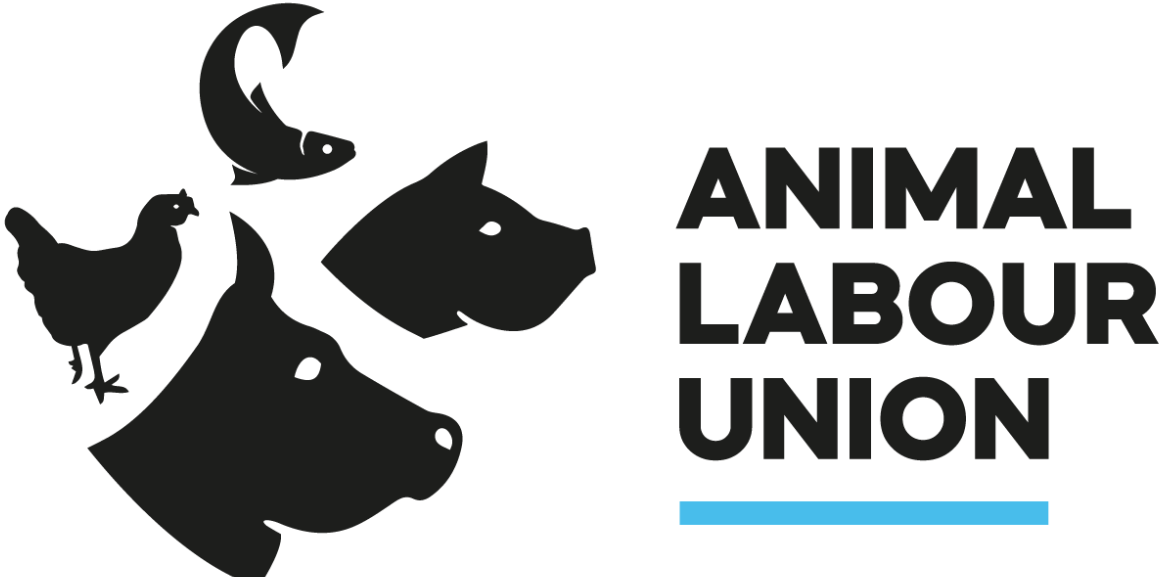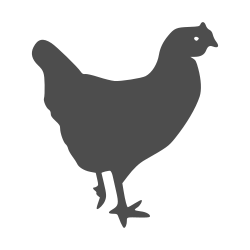The concept of the union was conceived by Marjolein de Rooij and Marc de Droog. Marjolein is president of the foundation and works full-time as a union leader. Judith van Ooijen is part-time union leader of the Animal Labour Union.
With the help of a Council of Animals, we can (scientifically) establish the opinions, wishes and desires of animals. In this Council, there are only people who speak on behalf of animals and without any other interest always put the animal first. Linguistic scientists, ethologists, veterinarians, animal ethicists and other scientists who can translate what animals tell us. Based on existing research, insights from human science and other sources of information, they will indicate what animals want.
All those involved volunteer to work for the Animal Labour Union. The Animal Labour Union is registered with the Dutch Chamber of Commerce under number 89011333.
Cooperation with farmers
Together with a number of farmers affiliated with Caring Farmers, we are developing ways to give animals more of a say in how business is run. We are working on drafting collective agreements in which the employer and the working animals, the workers jointly look at improvements that can be made in working environments.
Other people supporting the union
Furthermore, we get help from several other people who care about the Trade Union. These include Sandra Beuving, Dirk Jan Verdonk, Monique Janssens and many others. Welmoet de Graaf designed the union’s logo.
About Animal Labour Union
The Animal Labour Union represents the animal workers in animal husbandry. Animals that provide a product or service to their employer, who…
Working Animals
Animals that provide (financial) added value for their employer/owner are working animals. Working animals can be found everywhere.
Communication with Animals
Animals can communicate very well. Anyone who lives around animals knows this. They let you know if they are hungry, want to go outside or experience pain.
Legislation and Research
Animals are protected in various places in the law. The Animals Act sets requirements for the way in which different animal species may be kept.




